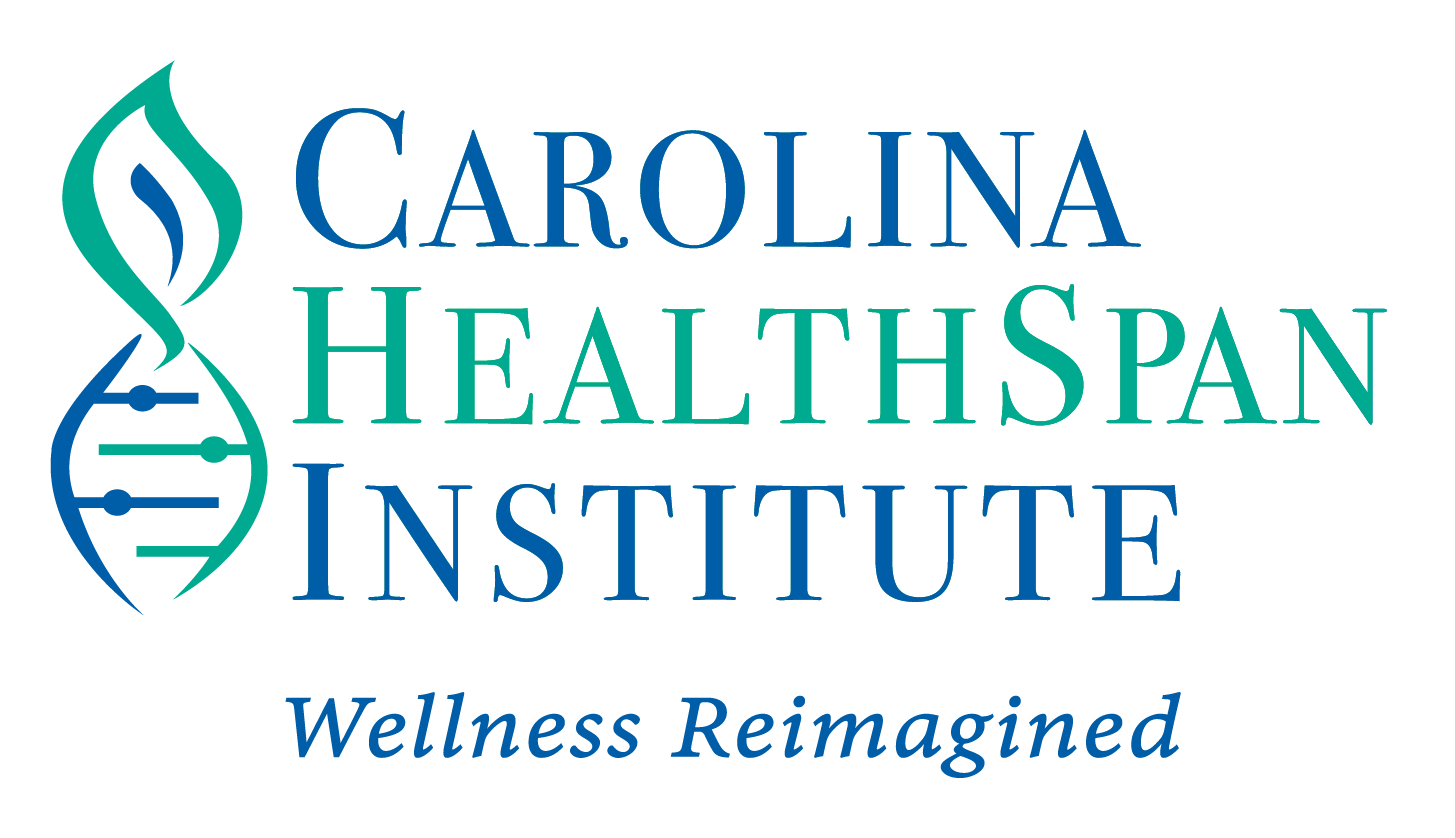
Are you a woman struggling with premenstrual tension syndrome (PMS)? Symptoms of PMS include anxiety, gastrointestinal symptoms, mood changes, fatigue, and tender breasts. 30-40% of women experience these unfortunate symptoms, so you’re not the only one. The cause for PMS is many times caused by higher estrogen and lower progesterone states. Women should have a good balance of both estrogen and progesterone, and not have an imbalance of low progesterone with higher estrogen.
So, the question becomes “How can women find natural solutions to try and combat PMS?” Consider the natural solutions listed below that boost progesterone and reduce high estrogen which helps relieve PMS symptoms and heavy bleeding during that time of the month.
-
- Incorporating Deep Breathing Techniques
Reduce your stress by incorporating deep breathing techniques within your workout regimen. Did you know that stress is your body’s biggest hijacker of hormones? Hormones are produced by our sex organs (ovaries in women, and testes in men), and by adrenal glands. The more stress an individual experiences, the less the adrenal glands can help with hormone production. Making healthy lifestyle changes like incorporating deep breathing, meditation, and calming exercise like Yoga has been a proven method of reducing stress levels.
- Changing Your Diet To Support Estrogen-Progesterone Balance
Did you know some foods can increase estrogen? This isn’t a good thing. The goal should be to keep your estrogen levels down while avoiding certain foods to help you stay on track.
For example, if someone is struggling with endometriosis (a painful condition in which endometrial tissue grows outside of the uterus), research has shown that a dairy-free diet helps reduce inflammation and improves the condition. If you’d like to change your diet to help combat PMS symptoms, here are some starters.
- Eat organic
- Avoid eating hormone fed meat
- Reduce soy products (example: Tofu, Miso, Flaxseeds, Sesame seeds, beans)
- Eat foods that increase progesterone (example: Yams, Oily Fish)
- Increase cruciferous vegetable intake (example: green leafy vegetables like cabbage, broccoli, brussels sprouts)
- Start your day with healthy fats and protein
- Avoid caffeine
- Caffeine takes away key nutrients such as magnesium that help with cramping
- Caffeine takes away key nutrients such as magnesium that help with cramping
- Vitamins, Minerals, & Herbs
The foods we consume nowadays aren’t as nutritionally dense as they use to be, and little do most people realize, they’re nutritionally deficient. Along with the food we consume, everyday life experiences including exercising, experiencing stress, consuming caffeine and alcohol take away the much-needed nutrients that are essential for hormone production.
That’s why it’s important to incorporate vitamins, minerals, and herbs without your diet to try and get rid of those dreaded PMS symptoms. For example, magnesium is a mineral that is both calming and soothing and is an excellent source for reducing menstrual cramps, helping with sleep, reducing headaches, and increasing mood. It also positively contributes to both progesterone production and neurotransmitter production (such as serotonin).
Vitamins also play a big role in your energy levels and your adrenals when it’s that time of the month. For example, B Vitamins help your liver break down estrogen levels which help control and maintain hormonal balance. Omega-3 fatty acids are also important (example: fish oil) which are anti-inflammatory and can help reduce heavy bleeding and reduce menstrual cramping.
Herbs also play a big role in boosting hormone levels and have been used for centuries. Herbs such as Rhodiola support your mood, clarity, sleep, performance and nervous system. Ginseng is another herb that helps with endurance, energy, and memory. Another herb is Schisandra which helps with maintaining a healthy stress response, mental clarity, and your emotional well being. DIM is a herb that is very helpful in clearing extra estrogen from the body.
- Have Your Hormones Checked
When experiencing heavy bleeding during your menstrual, it’s important to note you may also be experiencing poor thyroid function. If a provider indicates your free T3 is low, they will provide you ways to optimize it. By getting your hormones checked, you can discover whether or not you have high estrogen levels and are dealing with a hormone imbalance. If you find natural remedies that would boost progesterone are not effective, it’s advised to consider another natural progesterone replacement therapy.
- Incorporating Deep Breathing Techniques
In conclusion, the staff at Carolina HealthSpan know and understand the symptoms of PMS can be harsh for women. It’s always advised to work with a functional medicine professional before considering supplementing for any health concern to make sure the right measures are being taken. We can help you find the nutrient and dosage that works for you. Contact us today to see how we can help you the natural way!
